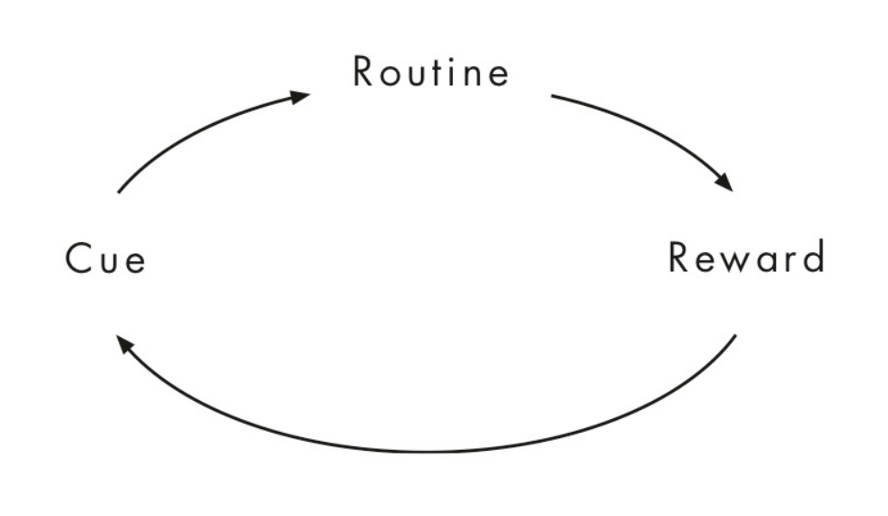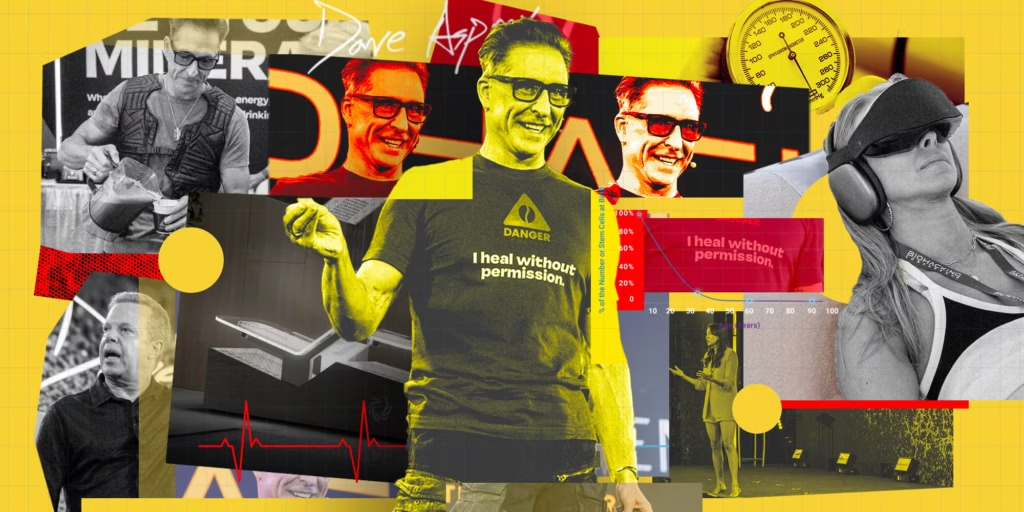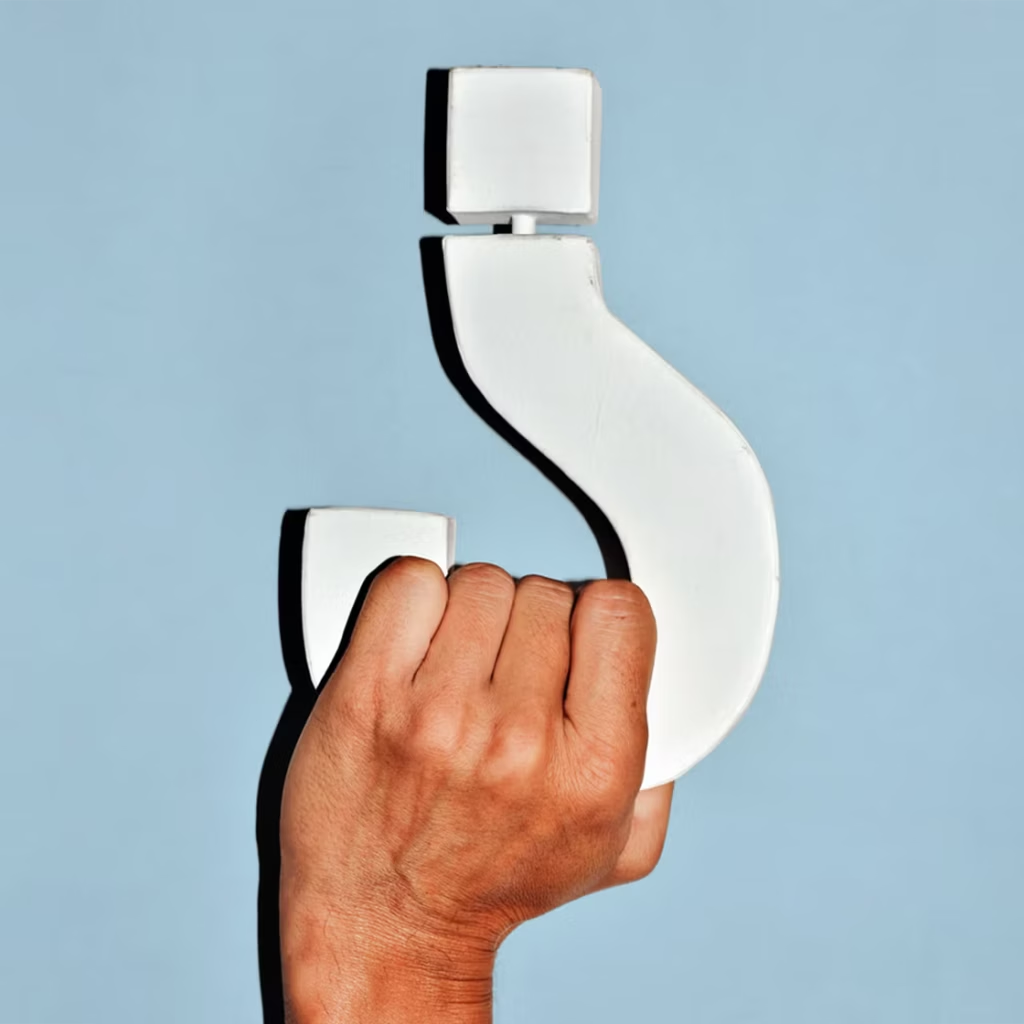Contributed by Leif Lagesen, Head Health Coach at Andi, Accredited Dietitian, and Certified Habit Practitioner.
A habit is a repeated action, something you do often and regularly, mostly without conscious thought, and studies show that approximately 43% of what you do on a daily basis is habitual. Think cleaning your teeth, fastening your seatbelt, or driving to a routine destination. We do these activities on autopilot and without much effort.
So what’s the reason we form habits? One answer is energy preservation. Using conscious thought for all of the decisions we face every day would exhaust us. As a result, developing habits is a method of making room for other things.
Science on habit formation
Three crucial ingredients are needed to create a habit – A Cue, a Routine, and a Reward.

Cue: is a trigger to commence the new habit eg your alarm going off
Routine: the new habit or action eg having a glass of water
Reward: internal benefits gained from the new habit eg feeling good about a particular behaviour
Let’s say you’re trying to build a habit of eating more fruit in the morning. Your trigger (Cue) could be finishing your morning coffee, the habit (Routine) would be eating a piece of fruit, and then feeling good about eating something healthy would be the internal reward.
How long does it take to form or break a habit?
A study by Lally et al. showed that it takes between 18-254 days to form or break a habit, with the average found to be 66 days. The amount of time it takes is determined by three factors: how habitual you are, the complexity of the habit, and the reward value of the habit.
Habits don’t require motivation
Motivation is a finite resource that we all know comes in waves. This is why habits are so effective for improving healthy behaviours because once formed, you won’t have to worry about being motivated to do the action (note you will need some initial drive to get started). A practical indicator that a habit is forming is when it starts to feel strange not to do the new behaviour.
Using habits as an intervention for weight loss
Weight loss studies found statistically significant results in favour of habit-based interventions over non-habit-based control groups. Following a habit-based program for 8-14 weeks, participants achieved an overall average weight loss of 2.5kg compared to 1.5kg mean loss of control participants.
Evidence-based strategies to build and break habits
Build
- Pick one habit and start small: If your goal is to exercise 5 days per week, start using habit strategies to build a habit of exercising 1 day per week. Once this starts to feel automatic, continue to slowly increase frequency.
- Use an implementation intention: An implementation intention is a self-regulatory technique in the form of an “if-then plan” that can help you achieve your objectives more effectively. In its simplest form an implementation intention is ‘when situation X occurs, I will perform response Y’ eg When I make a coffee, I will drink a glass of water.
- Set a Cue reminder: Set a recurring alarm or calendar notification on your phone just before your chosen cue as a reminder to carry out your implementation intention.
- Be consistent and track your habit: Your desired habit needs to be repeated consistently and always have the same cue. When choosing your habits, pick times and places you encounter frequently. Use a habit tracker to log your progress and bring awareness to what you’re doing.
Break
When trying to break a habit, use the habit loop to your advantage by changing up existing cues and actions.
Two methods that support breaking bad habits
- Avoid the triggering cue: if you have a habit of purchasing sugary foods every time you walk home from work, it’s likely you’re triggered by walking past a particular shop. Avoid the triggering cue by taking a different route home. If there is no trigger, a habit won’t be formed.
- Switch the undesired habit for a preferable one: If avoiding the triggering cue isn’t practical, try switching your current action with an alternative. For example, if getting home from work leads to having an alcoholic beverage, switch to a non-alcoholic drink instead. In this scenario, getting home from work is the cue and having a drink is the habit. Importantly, whatever you choose as the alternative action/habit, it must still offer the same internal reward.
Sydney start-up, Andi Health, know we all want to be healthy, but it can feel hard to stick to good habits. Driven by co-founder, Luke Grana’s preventable health decline, the digital health company wants to take the pressure off the healthcare system by helping us to adopt healthier habits, and stick to them.
To do so Andi Health has developed — Change56 —a ‘personalised health GPS’ system. Developed with advisors from the University of Sydney and Macquarie University, it combines the latest research across biomedicine, digital health, and health informatics to create a program that makes your health goals feel as automatic as your bad habits.
Looking to adopt lasting healthy habits. Find out how with Andi Health Change56 program and the Kickstarter campaign here. For more information on the program, visit https://andi.health/program.















